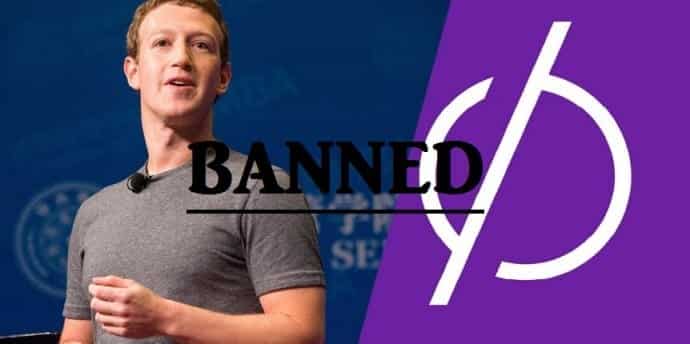TRAI bans Mark Zuckerberg’s pet project Free basics in India, rules in favour of Net Neutrality
Finally, the long battle between Facebook and the country’s net neutrality advocates came to an end today, as the Telecom Regulatory Authority of India (TRAI) banned Facebook’s free-but-restricted internet service, Free Basics in India. The country’s national telecoms regulator ruled that the program and others like it infringe the principles of net neutrality.
In other words, the telecom sector regulator has barred differential pricing of data products, implying that controversial zero-rated products such as Facebook’s Free Basics and Airtel Zero won’t be allowed to be offered in the country.
While not ruling explicitly on net neutrality, the TRAI said in a statement that “No service provider shall offer or charge discriminatory tariffs for data services on basis of content.” The ruling suggests that Free Basics, which was aimed primarily at people in poor rural areas, will not be allowed to continue in its current form.
“TRAI has today issued the ‘Prohibition of Discriminatory Tariffs for Data Services Regulations, 2016? that disallow service providers to offer or charge discriminatory tariffs for data services on the basis of content being accessed by a consumer,” Sudhir Gupta, TRAI secretary, said in a statement.
“While formulating the regulations, the authority has largely been guided by the principles of net neutrality seeking to ensure that consumers get unhindered and non-discriminatory access to the internet,” Gupta said.
In a press release, the TRAI notes that its decision was “guided by the principles of net neutrality,” and that its end goal is “to ensure that consumers get unhindered and non-discriminatory access to the internet.”
The ruling in effect disallows subsidised data packages that offer access to only select services, such as WhatsApp or Twitter, packages which are currently offered by various telcos to attract subscribers.
However, the regulation will not apply to tariffs for data services over closed communication networks, unless tariffs offered to avoid prohibition of this regulation.
“Only exemption – tariffs may be reduced for accessing emergency services or at times of public emergency,” TRAI said, adding that in such a case, tariff should be reported to TRAI within seven working days from date of implementation of the order.
TRAI added that a penalty of Rs. 50,000 a day, capped at Rs. 50 lakh will be levied on service providers violating the rule. The policy may be reviewed every two years or sooner, TRAI said. TRAI has given service providers six months to comply with the new rules.
For those unversed, it began with TRAI floating a consultation paper looking for views if differential pricing should be allowed, amidst the whole net neutrality debate. The regulator wanted to know if differential pricing is allowed, what measures should be taken to make sure principles of non-discrimination, affordable Internet access, competition and so on. After some media coverage connecting differential pricing to net neutrality, TRAI quickly put out a statement saying the paper issued is not on net neutrality, but on a definite matter about differential pricing.
However, there is no denial that both are co-related. Now, differential pricing means different prices for different content aka apps, which violates net neutrality. Therefore, differential pricing and net neutrality go hand-in-hand. The same can be said about Free Basics or any other similar platform. Differential pricing won’t just change the way we have always used Internet, but obviously unfair and discriminating. The paper floated by TRAI received 24 lakh responses.
Telcos had written to TRAI, explaining differential pricing is important for promoting innovation and growth of data services, and find support from Facebook. On the other hand, critics from startups to netizens, are against differential pricing. Most reports pointed that TRAI will be in favour of net neutrality.
